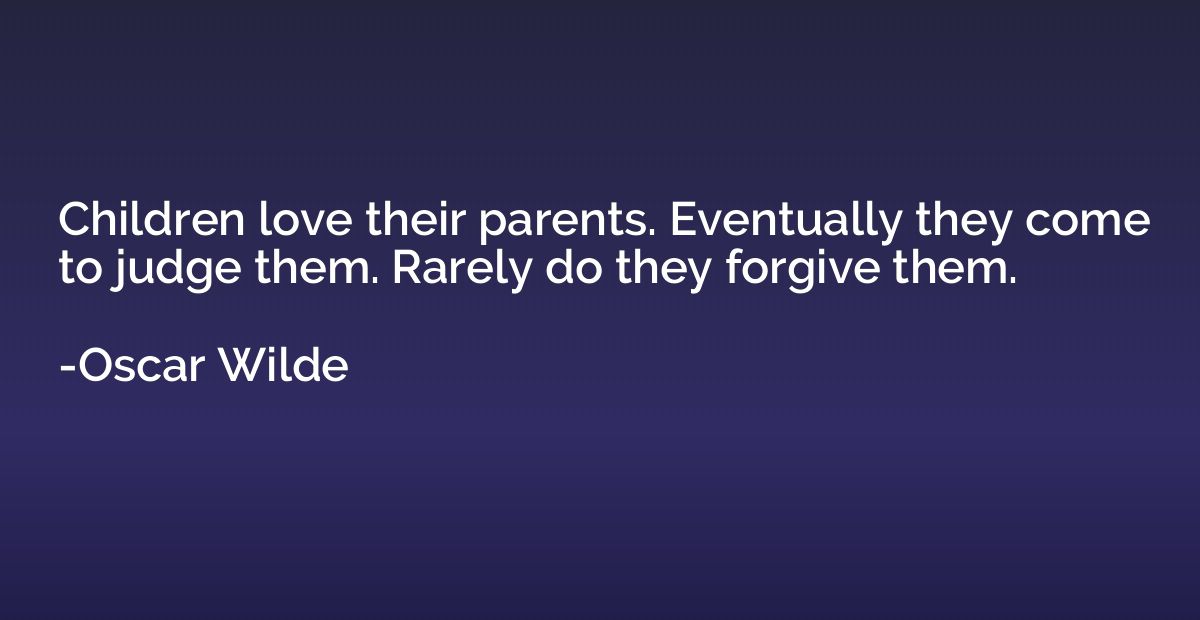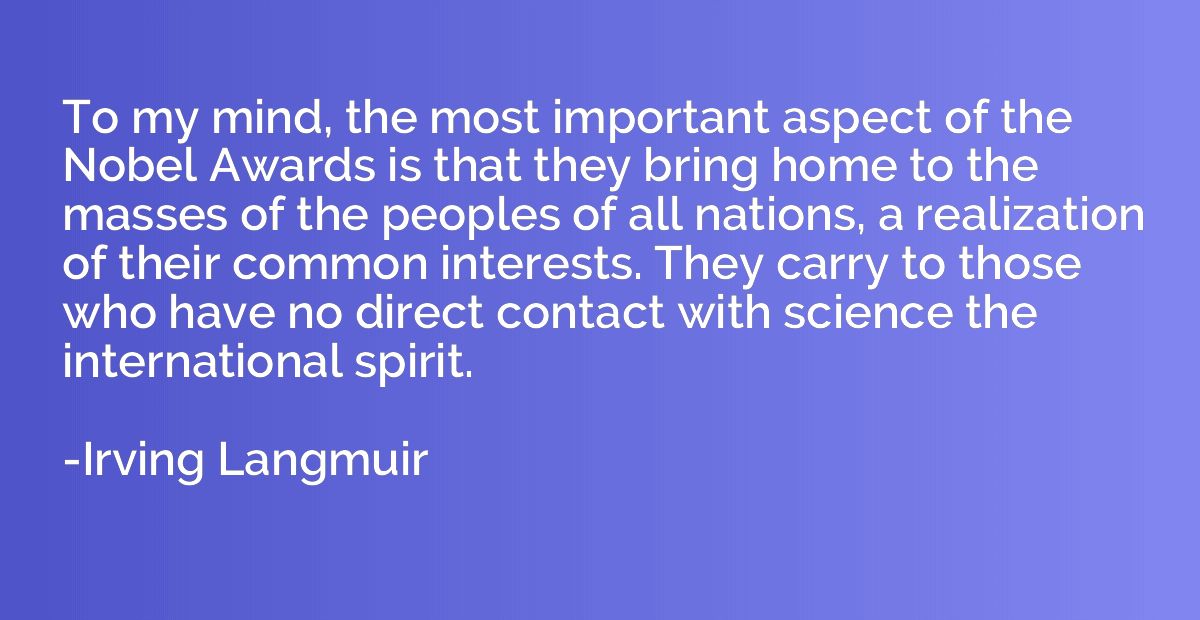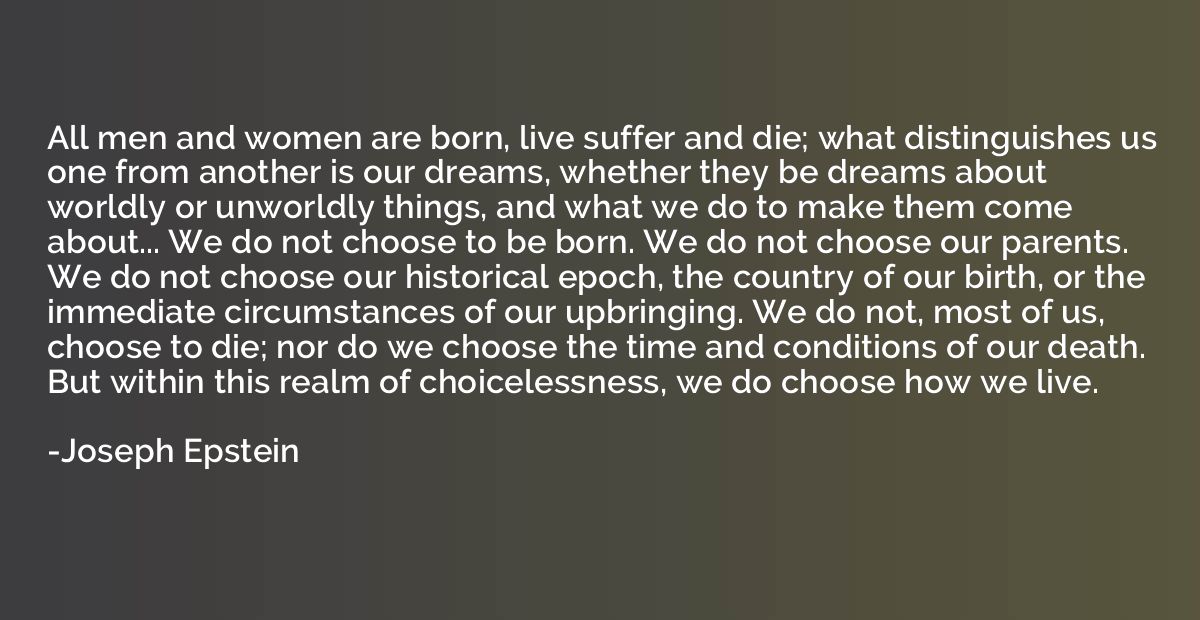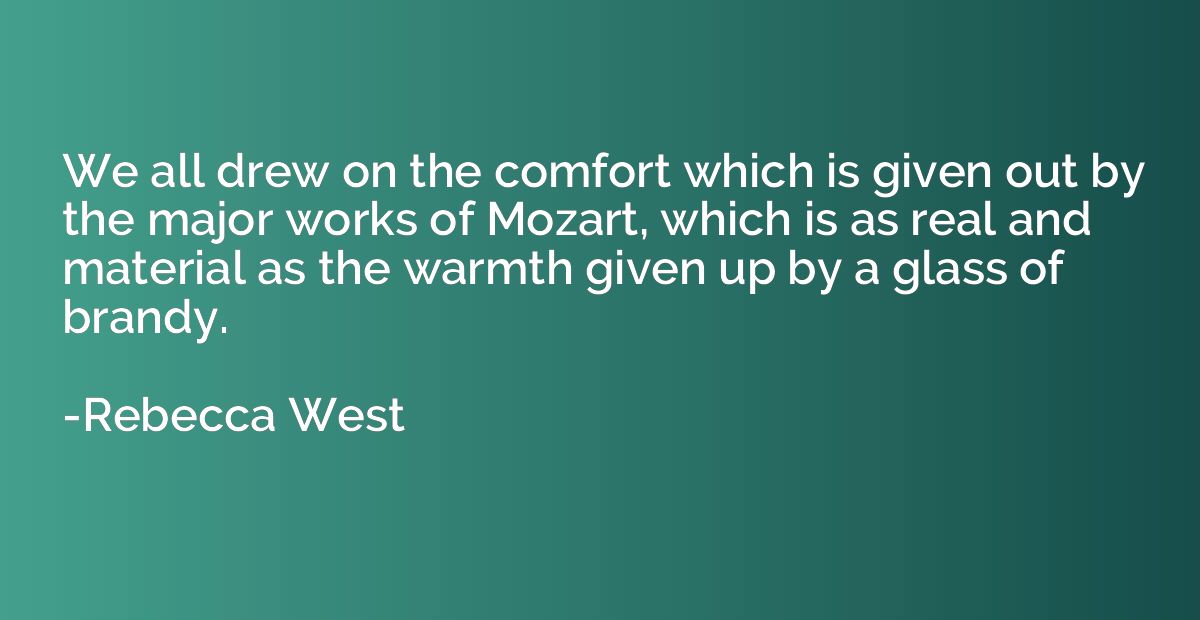Quote by Oscar Wilde
Children love their parents. Eventually they come to judge them. Rarely do they forgive them.

Summary
This quote highlights the natural progression of a child's relationship with their parents. Initially, children have deep love and admiration for their parents, as they rely on them for nurture and guidance. However, as they grow older and become more independent individuals, they begin to evaluate and judge their parents' actions and choices. This evaluation process is fundamental for personal growth and forming one's own values. While forgiveness may be hard to find, it is suggested that children may not easily forget or disregard any past disappointments or shortcomings of their parents.
Topics
Love
By Oscar Wilde














